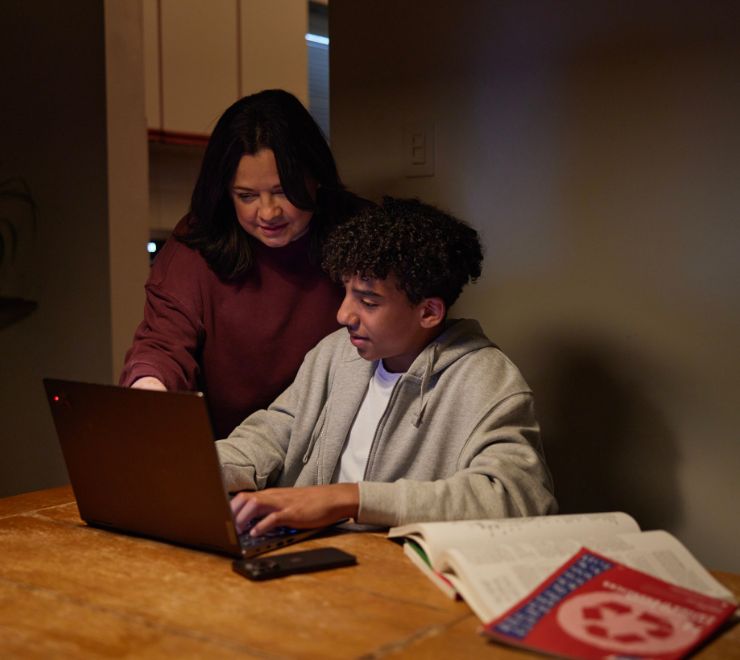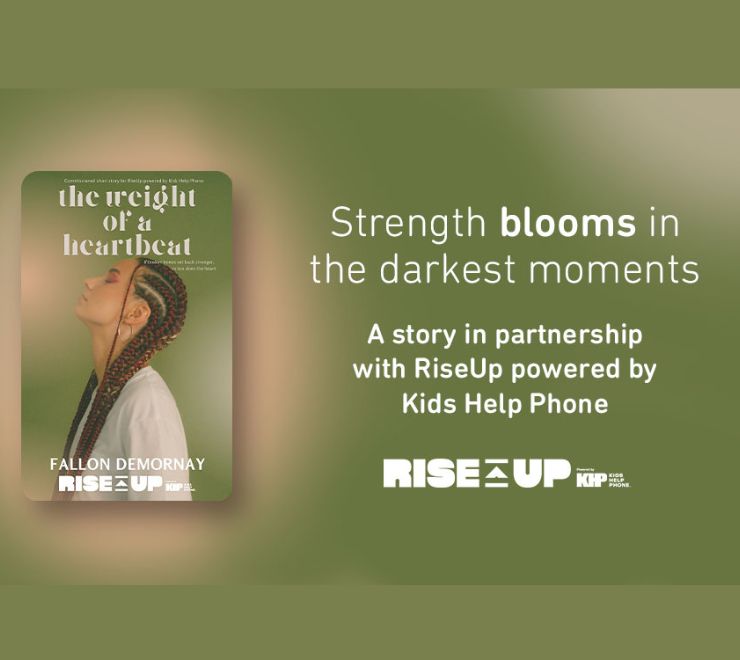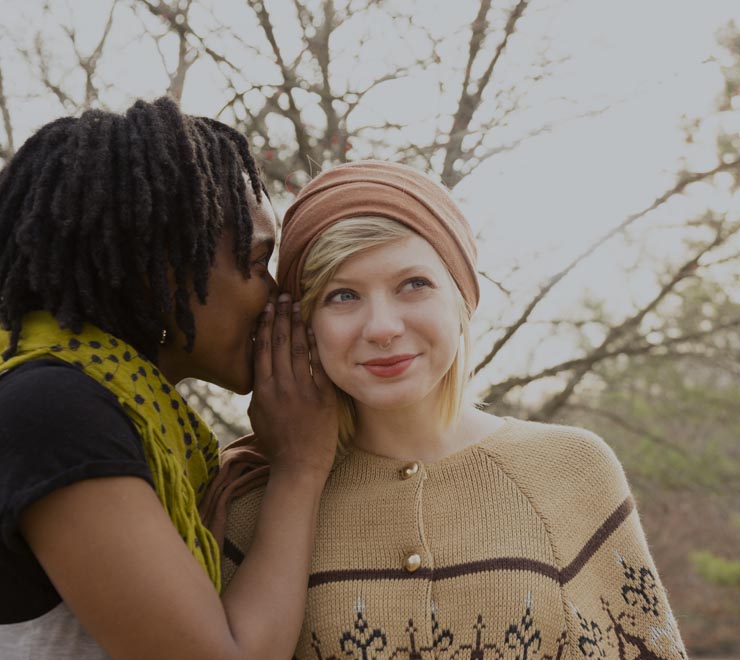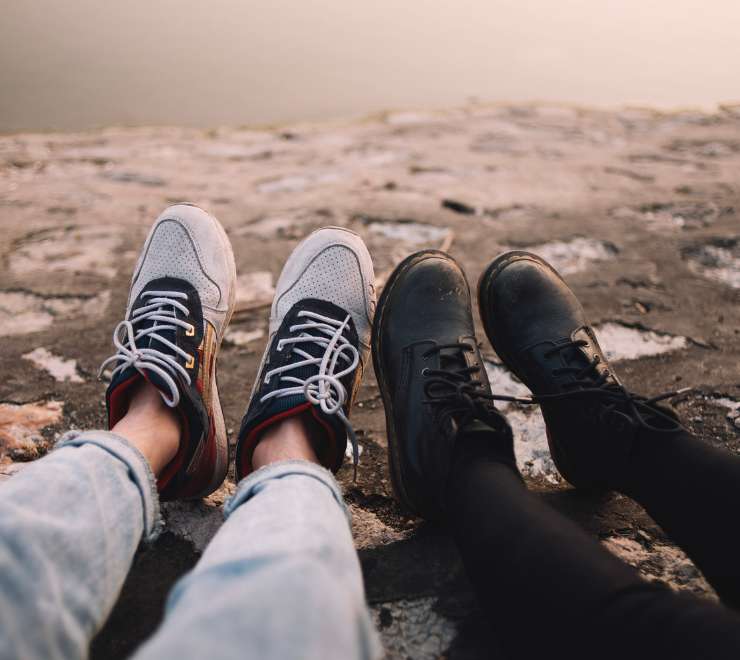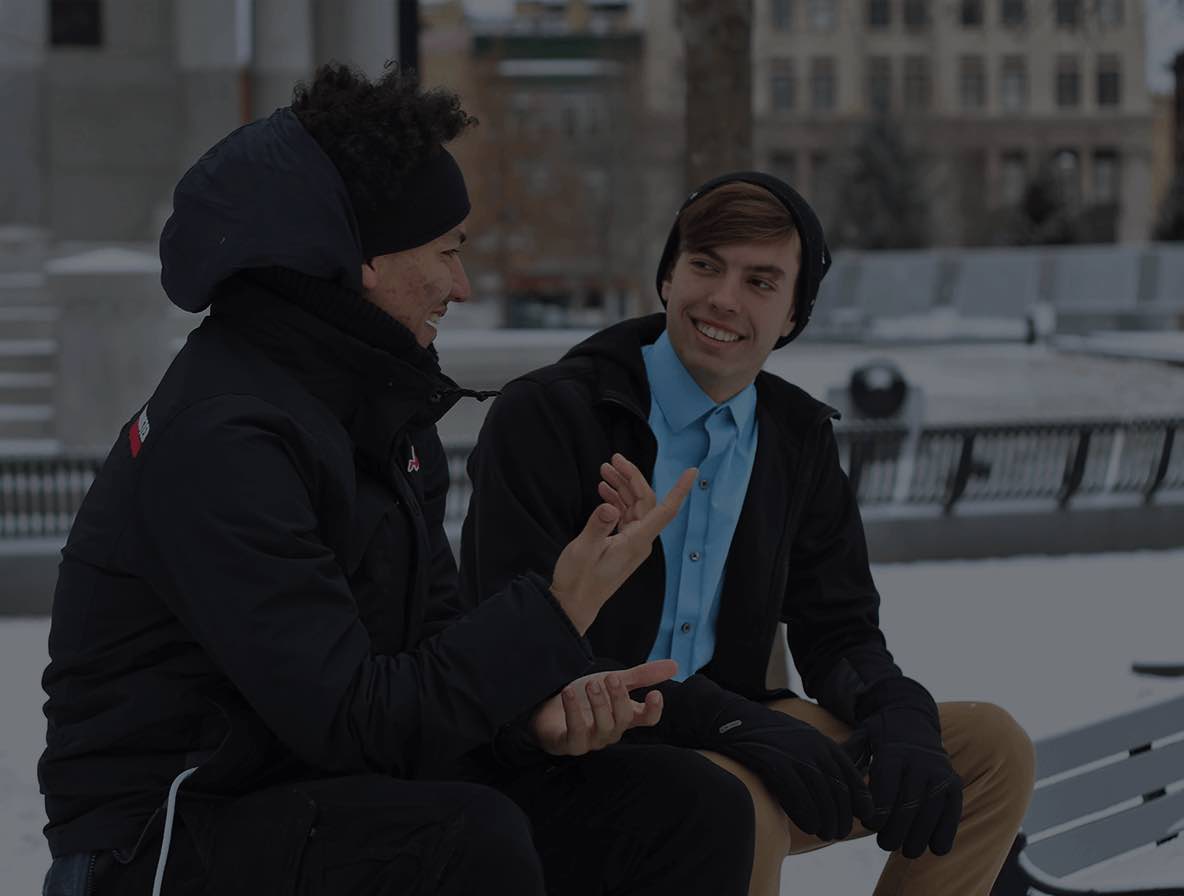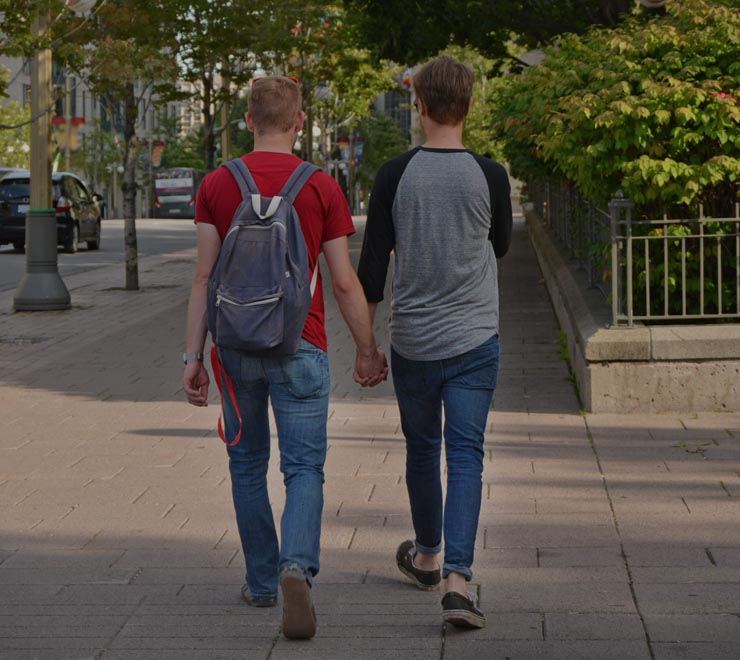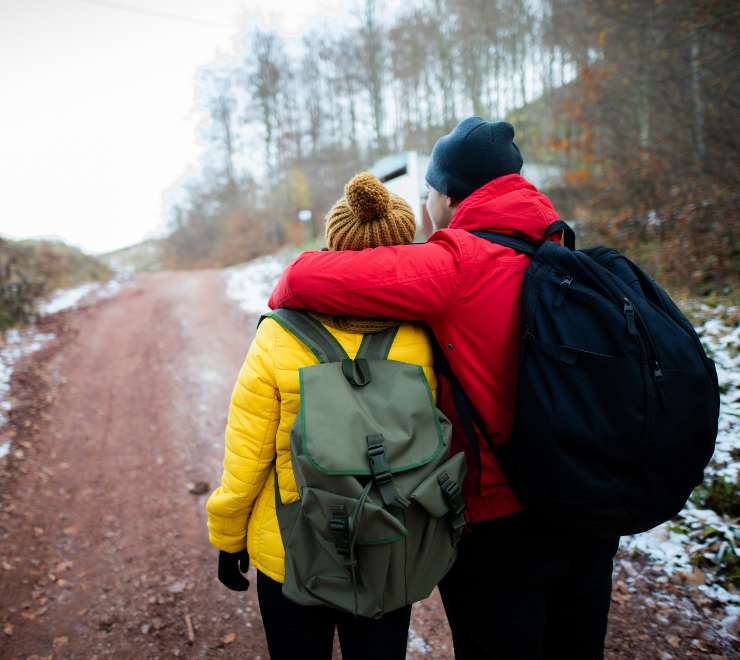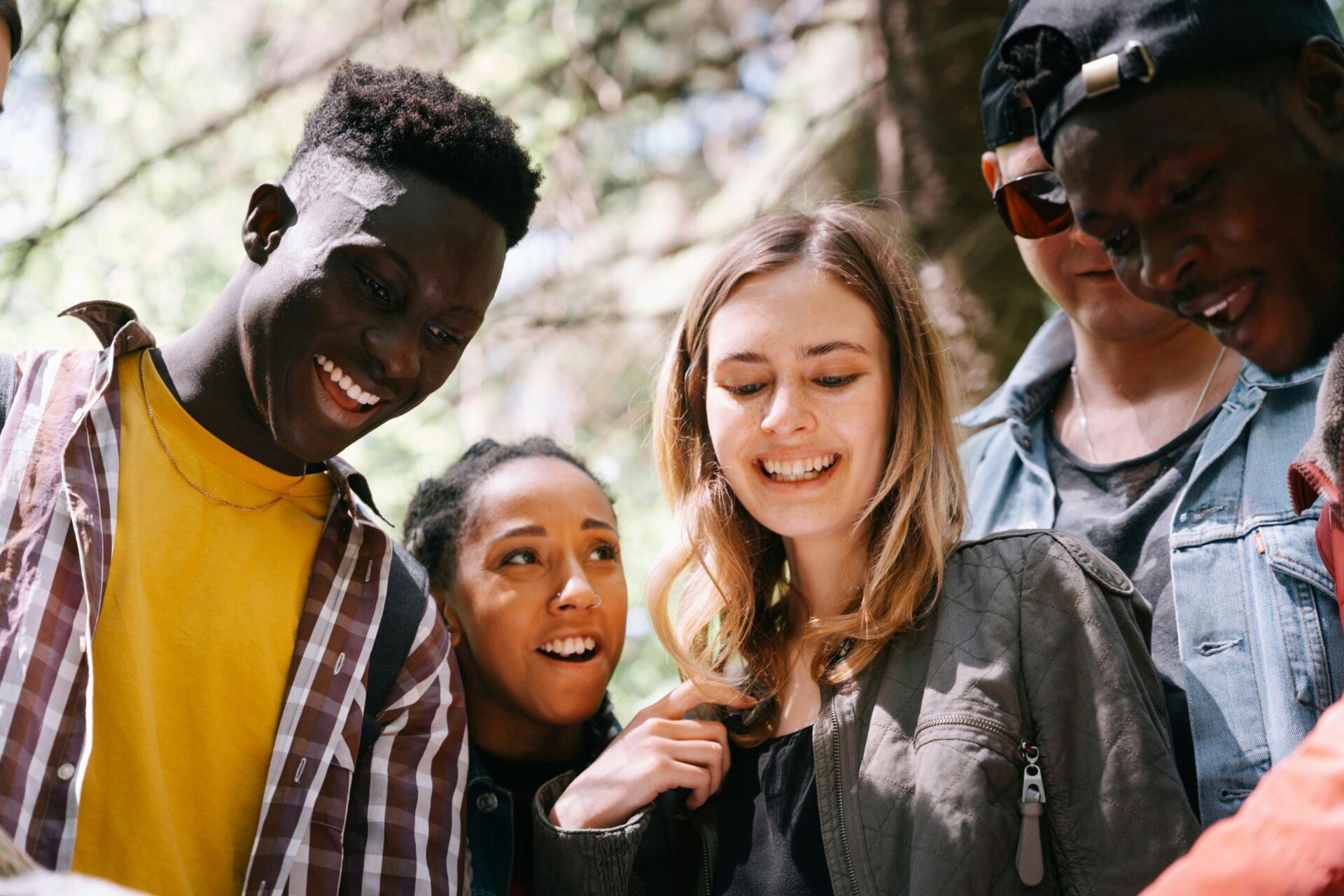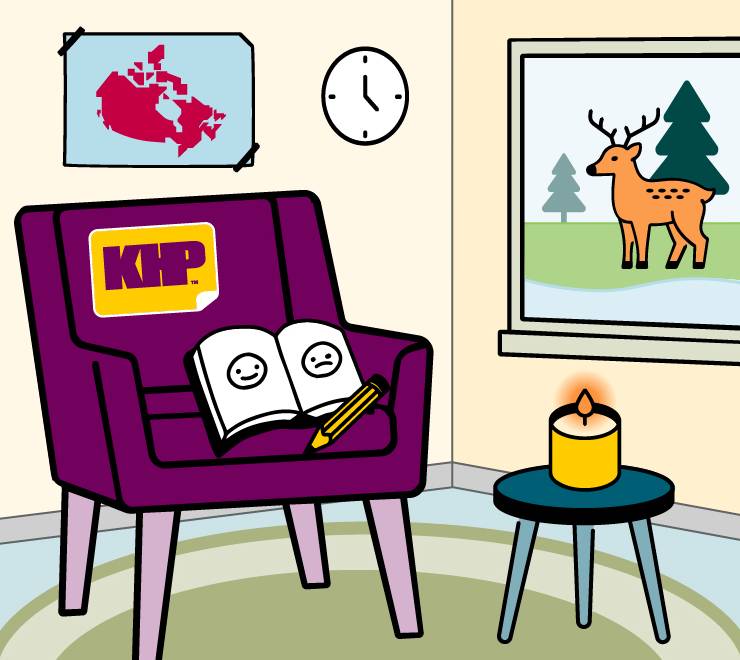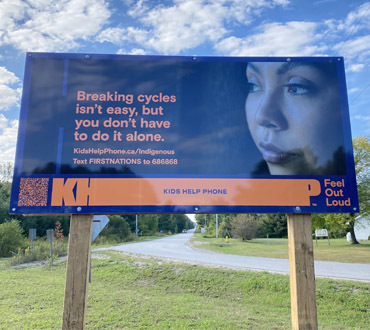Are you interested in online dating? Here are a few safety tips to keep in mind.
If you’re ready to date, meeting people online can be a great way to find new relationships and expand your social circle. There are lots of different ways you can connect with people online, including through social media or by downloading dating apps. Before you get started, it’s important to remember you also need to protect yourself when you’re trying to make connections — usually with people you don’t know — online. Before you sign up, here are some online dating safety tips to keep in mind:
- Keep it private: don’t reveal any personal, identifying details about yourself on your profile (e.g. your real name, phone number, address, school, birthday, etc.) until you get to know the other person. It’s a good idea to use a nickname/generic username to protect your identity.
- Stay anonymous: avoid linking to any social media accounts that reveal your identity. You may want to use a different profile photo for each of your personal social media accounts. This will make it a little more difficult for strangers to look you up.
- Educate yourself: if you’re interested in online dating, it’s a good idea to learn about online sexual exploitation and sexting, consent and the law. If someone you met online is blackmailing you, sending you sexually explicit material or doing something else you’re not OK with, it’s important to tell a safe adult. Trust your gut — some of these behaviours may be illegal.
- Block, report, unmatch: any behaviour that makes you feel unsafe or uncomfortable is not OK. You can block the person (on each service you’ve chatted on) so they can’t contact you anymore. You can also report the person to the service you’re using so they can address the behaviour. You can find steps to block or report someone on the service’s website. If you don’t feel like continuing a chat with someone, you can always unmatch with them so they no longer appear in your feed. Remember, you don’t need to give the person a reason for blocking, reporting or unmatching with them.
- Be aware of identity fraud: remember that not everyone you meet online is exactly who they claim to be. Don’t give out your financial information, or send anyone you don’t know money, even if they ask for it. Do some background research on your match — based on the information you have — to see if they are who they say they are.
- Learn about spam, viruses and bots: avoid opening emails or attachments from senders you don’t recognize. They could contain spam or viruses. Don’t accept follower requests on your personal social media accounts from people you don’t know. Research ways to identify bots and unsecure content to make sure you’re talking to a genuine person.
- Plan ahead: if you and your match want to meet up in person, arrange a date in a public place so there are people around in case you need help. Be sure to tell a friend or safe adult where you’re going, who you’re meeting and what time you’ll be done. It’s also a good idea to monitor your food/drink, have a check-in time with a friend and plan a safe way home in advance. Keep your phone (or change for a payphone) with you and have the numbers for a safe adult and emergency services written down. Remember, you don’t have to meet anyone until you’re ready. (You don’t have to get together at all if you don’t want to.)
- Get support: if you have questions about online dating, or need help making a safety plan, you can talk to a safe adult. You can always contact a Kids Help Phone counsellor at 1-800-668-6868.
When it comes to online dating, your safety is a priority. It’s important to protect yourself by learning about the risks and having a safety plan.

